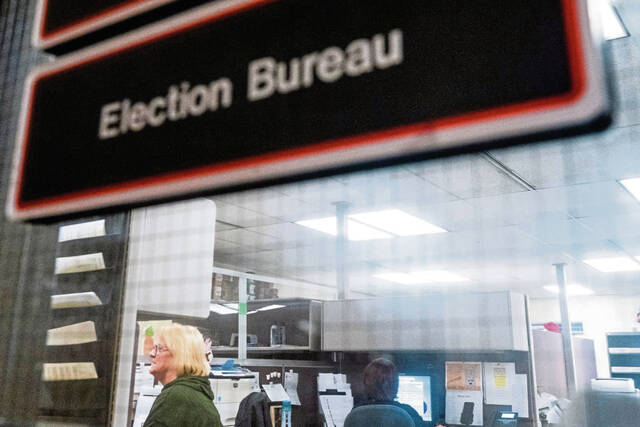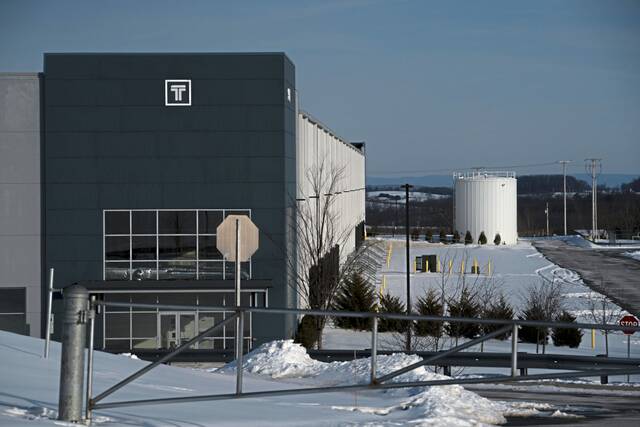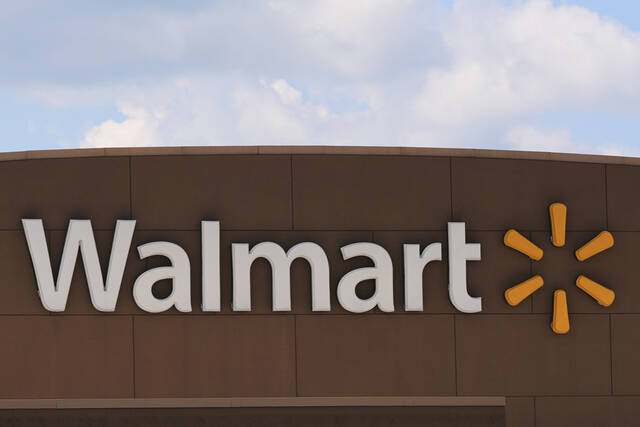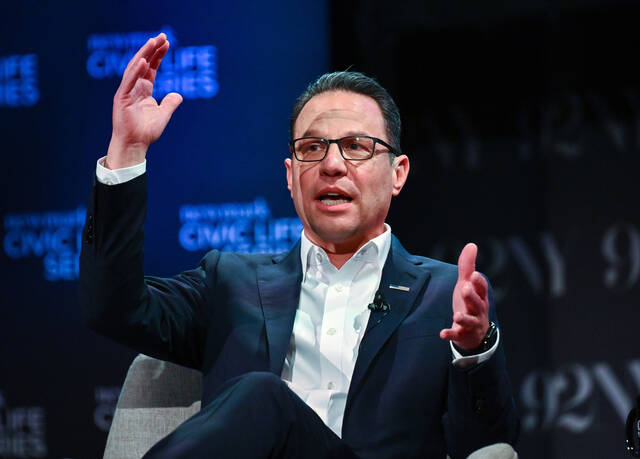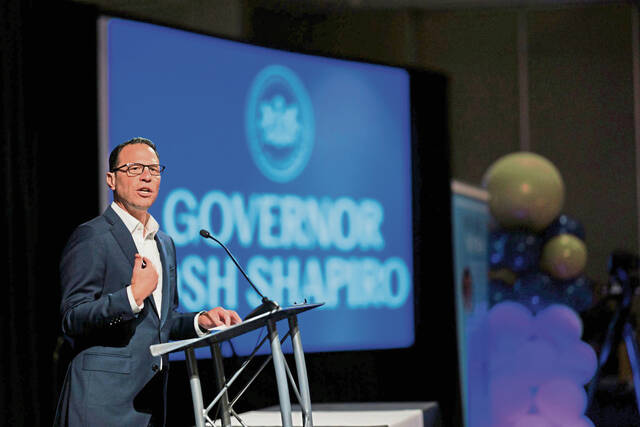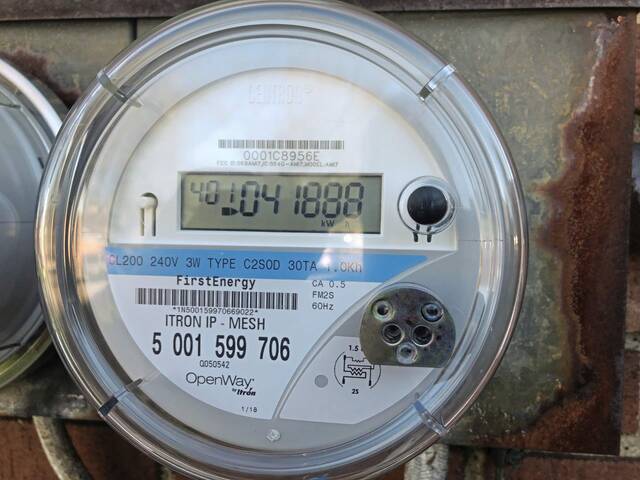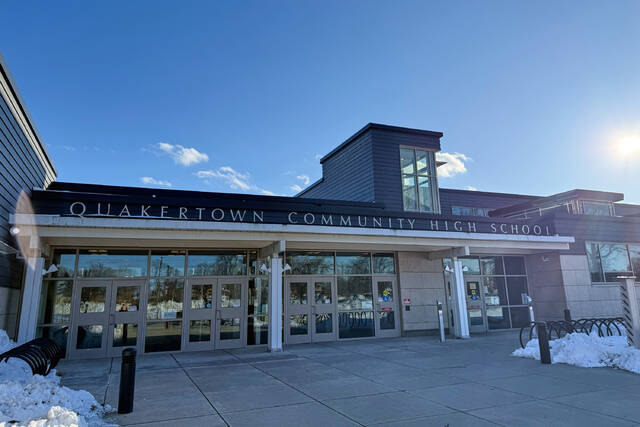Because Pennsylvania’s presidential primary is more than a month away, the state’s influence in determining Republican and Democratic nominees for the White House will once again be muted this spring, according to political leaders.
Voters in more than a dozen Super Tuesday states cast ballots this week in what were the last substantially contested primaries to nominate candidates who will run for president. But voters don’t cast primary ballots until April 23 in Pennsylvania.
“We don’t have a lot of relevance because of its late nature,” Allegheny County Republican Committee Chairman Sam DeMarco said. “That’s why we should have an earlier primary so we can have a larger role.”
Discussions about moving Pennsylvania’s primary have been a talking point for state lawmakers for years.
Because this year’s primary falls on the first day of Passover, there were proposals by both parties to move the day, but an agreement wasn’t reached.
State Sen. Kim Ward, R-Hempfield, who serves as president pro tempore, called on lawmakers to reconsider the presidential primary date for the 2028 race.
“Pennsylvania is always a targeted state by the candidates, and the general election results run through Pennsylvania,” Ward said in a statement released Friday. “With our primary so late in the process, our citizens have no say in who the candidates will be because the primary candidates have already been chosen by states with earlier primaries. This should have been an easy stand-alone vote, but was not because of our divided legislature.”
Pennsylvania’s role in the nominating process over the years has been both negligible and impactful.
Democratic primaries in 2008 and 2016 were relevant contests to determine the party’s presidential nominee.
But in 2020 the presidential nominating process had essentially been decided at the time of Pennsylvania’s primaries. That appears as if it will be the case again this spring.
“We know who the nominees are, so now Pennsylvania voters will have to focus on the down ballot races,” said Westmoreland County Democratic Committee Chairwoman Michelle McFall. “Pennsylvania is a battleground state. And to have Pennsylvania weigh in earlier is tremendously significant, but we lost that shot.”
Paul Adams, an associate professor of political science at the University of Pittsburgh at Greensburg, noted there is no provision that requires states hold primaries on a specific schedule.
“If Pennsylvania is meaningful to the process it is huge. Pennsylvania has been one of the most important later primaries,” Adams said, pointing out that a staggered political schedule throughout the spring carries both advantages and disadvantages for voters and candidates.
“For candidates who are not the front runners, it gives them a chance to gather momentum,” he said of primaries conducted toward the end of the nominating cycle.
Adams said primaries are relatively new to the political landscape, having gained in popularity in the 1960s and 1970s.
“A hundred years ago, primaries weren’t a thing,” Adams said. “Oregon held the first. And until the 1950s and 1960s, a lot of races (for party nominations) were decided in other ways. Later, the parties had their own selection process, and the goal was to win a few primaries and go to the convention.”
Political leaders insist Pennsylvania’s primary still carries importance, where there are contested races for state row offices and seats in Congress.
Westmoreland County Republican Committee Chairman Bill Bretz said the primary also carries significance for this fall’s race for the presidency.
“The presidential cycle always draws much interest,” Bretz said, “but we need to get into the habit of voting twice a year, every year, no matter who is on the ballot. There is a lot of energy this year, but most of it geared to November. We need to build momentum for the fall.”


